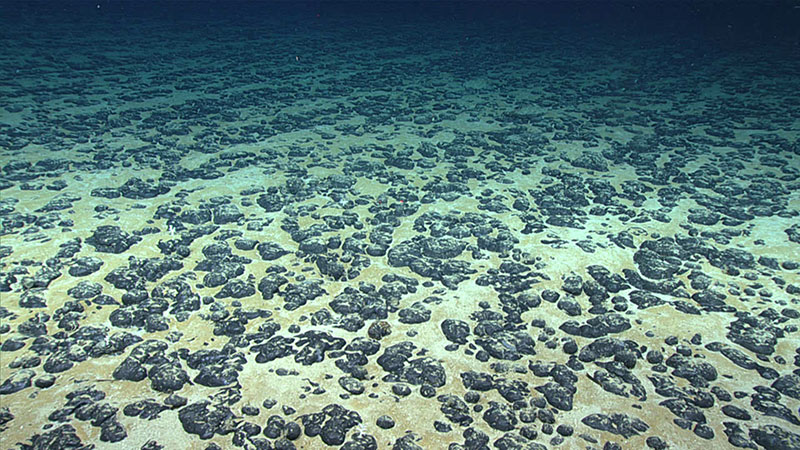Maria Bolevich for DSM Observer
This fall saw an unprecedented emphasis on calls for moratoria on deep-sea mining. Several national deliberative bodies entertained discussions on supporting a moratorium, including within some contractor sponsoring states, while a public campaign, initiated by environmental NGOs who received a boost from public statements made by Sir David Attenborough, worked its way through popular media.
Last month, Greenpeace released a new report, detailing the opaque process currently underway at the ISA to complete the 26th Session, review and approve new exploration leases, and advance progress on the mining code while contending with the logistical hurdles the current pandemic presents. “Deep sea mining would open a whole new frontier of resource exploitation, at the heart of the largest ecosystem on Earth,” says Louisa Casson, Senior Political Strategist at Greenpeace International, who explains that they are not calling for a time-bound moratorium, but a permanent ban on deep-sea mining. “A moratorium is an important policy tool that could help to ensure the deep ocean remains off-limits to the mining industry.”
Greg Stemm, co-founder and Chairman Emeritus of the Board for Odyssey Marine Exploration, Inc., believes that a moratorium would be a bad idea. Privately funded research into alternative mineral extraction methods would stop, but terrestrial mining and the damage that it causes to the environment would continue. “Since the intent of the research that we are undertaking now offshore (which has been going on for more than 50 years) is to find out whether there is an acceptable level of environmental impact for ocean mining, the only reason I can imagine that someone would want a moratorium is that they are afraid that research may bear out that ocean mining in some cases will have an acceptable level of environmental impact compared to mining on land.” says Stemm. “Why should we be afraid of research and more knowledge to help us make an informed decision? Why would we slow down research that might provide us with a more environmentally-friendly source for obtaining the energy metals necessary to move more quickly and efficiently to a greener economy that is better for the entire planet?”
According to Malcolm Clark, who serves on the ISA Legal and Technical Commission, the calls for moratoria are often based on halting potential exploitation until we know more about these ecosystems. He explains that that knowledge production will need to happen through ongoing efforts by deep-sea mining contractors with exploration licenses, who collect baseline data on the structure and function of deep-sea ecosystems and assessment of impacts to support their environmental impact assessment requirements. “Any company applying for an exploitation license will have to provide detailed and robust environmental risk and impact assessments that identify the major impacts, and then develop management and monitoring plans that reduce or mitigate the impacts to acceptable levels that satisfy the UNCLOS requirement to avoid serious harm to the environment,” says Clarke. He explains that if an application is inadequate in its baseline data, impact assessment, etc., and can’t adequately deal with the uncertainty in the data, or the limited data available, then the application is likely to be rejected and mining will not be allowed.
James Hein, at the United States Geological Survey, says that a moratorium would likely halt much of the scientific research in the deep ocean, since much of it now is funded by entities with ISA contracts, although some would continue. He adds that a company cannot spend the tens to hundreds of millions of dollars that each research cruise costs, and maintain its staff, without a potential return on their investments. “I am a realist,” says Hein, “and I understand that deep-ocean mining is going to occur soon, so we all must all do all we can to assure that it is done in the most environmentally sound way possible, with transparency (having scientists involved in the environmental operations and free to publish), and environmentalists/NGOs involved in seeing that the precautionary approach is a key component and that the environmental protocols are followed.”
Gerard Barron, CEO of DeepGreen believes that, in the end, science and data will prevail. According to Barron, if we are to have any chance of realizing the cleaner, fairer future that those promoting a moratorium want, we cannot repeat the mistakes of the past. “At a time of crisis, we cannot afford for the exploration of promising alternatives and the exploration of new options to be dismissed based on emotion. We no longer have the luxury of simply saying ‘no’.”
Featured image courtesy of the NOAA Office of Ocean Exploration and Research, 2019 Southeastern U.S. Deep-sea Exploration.


